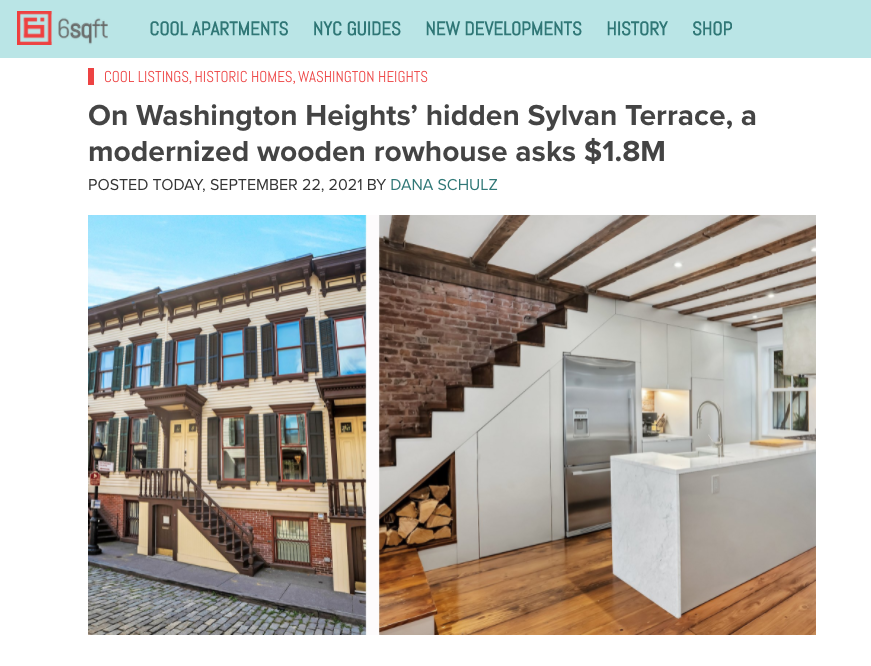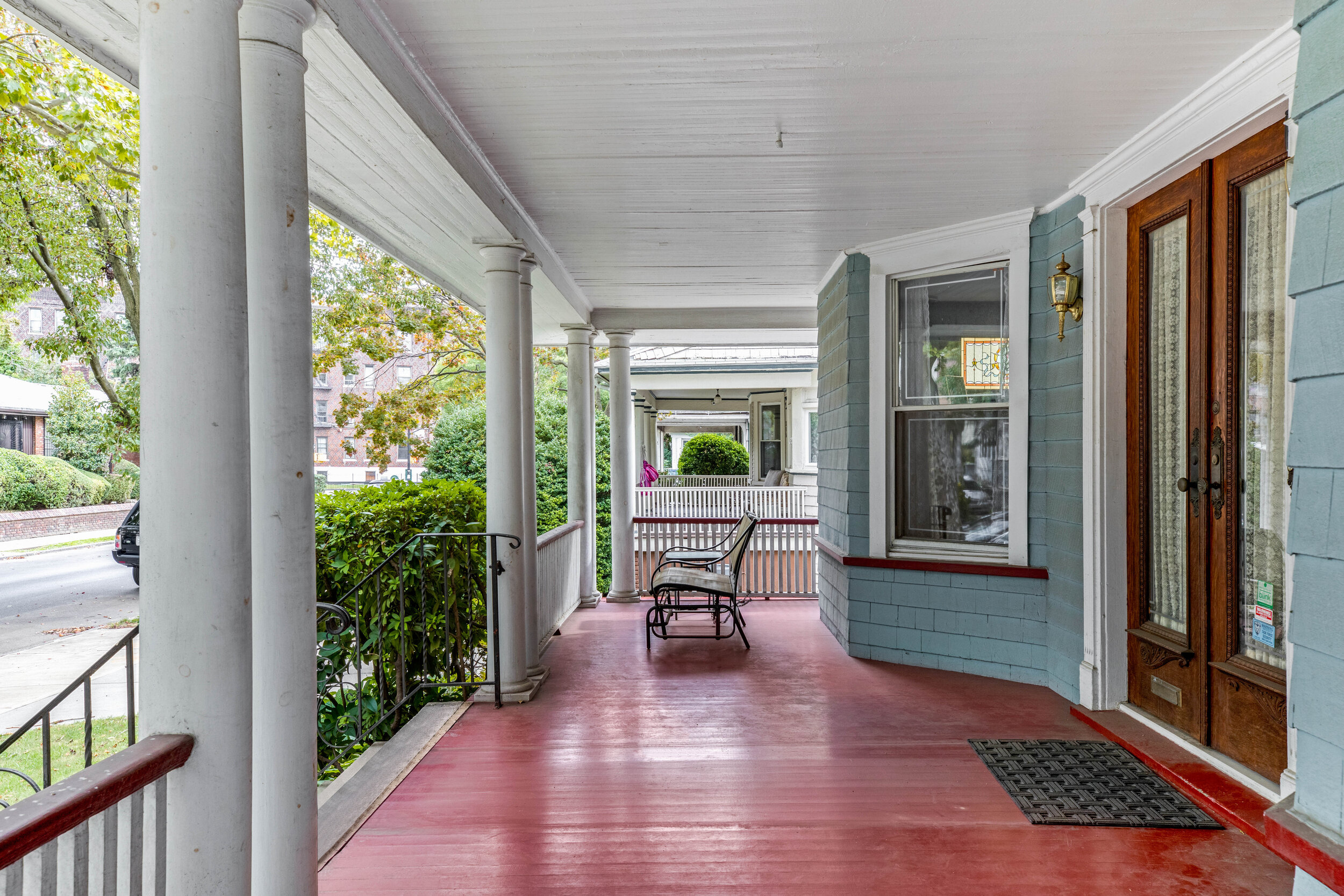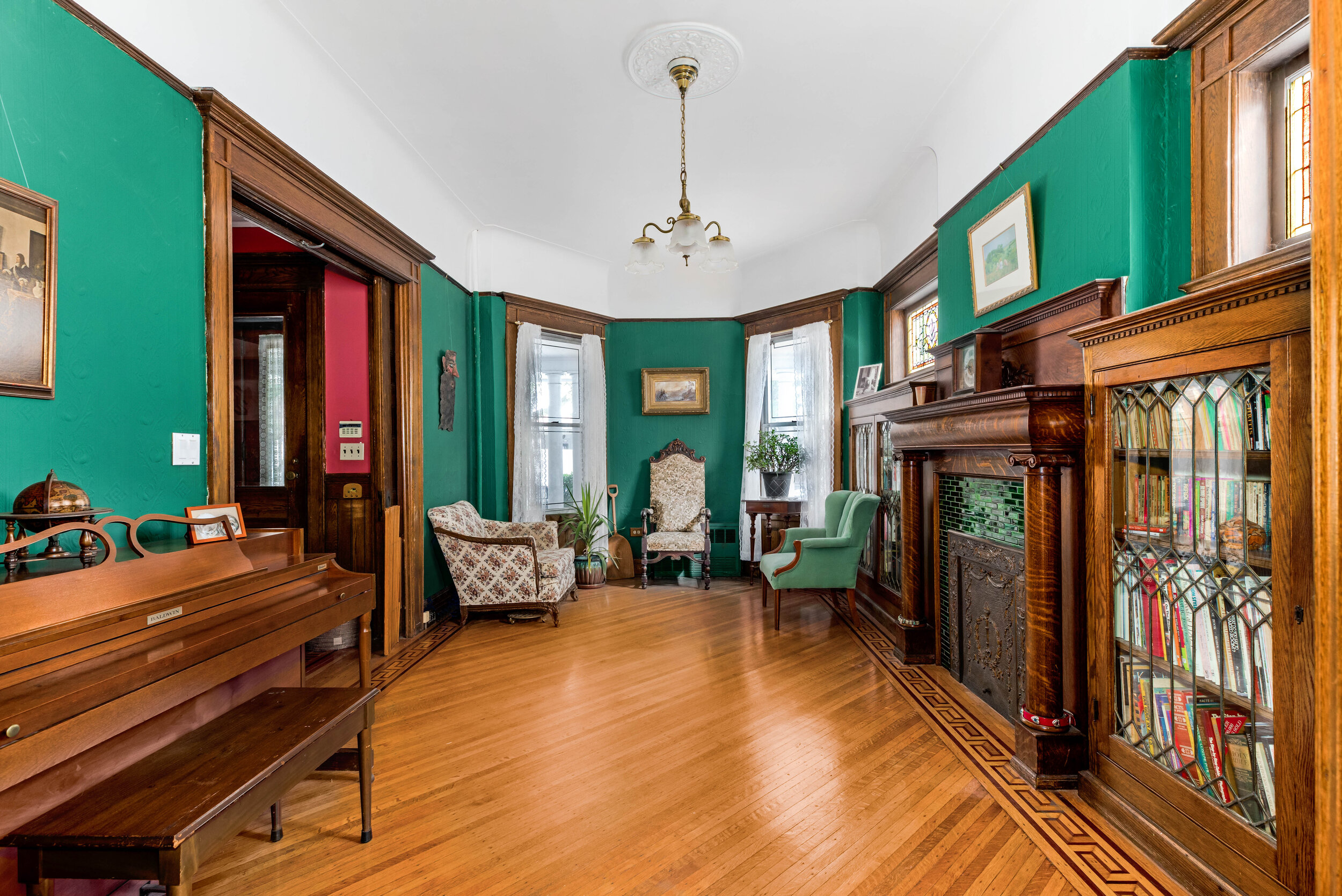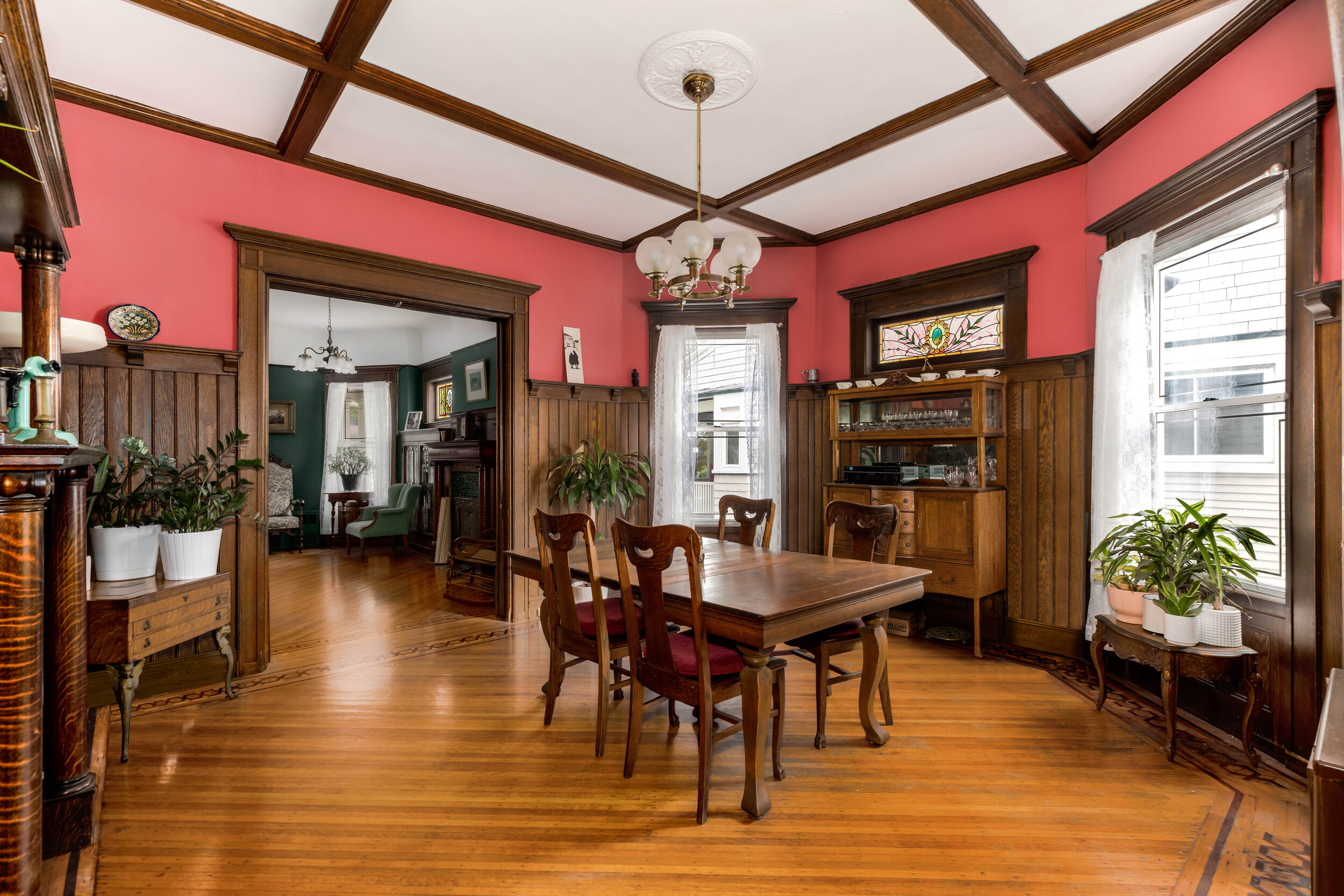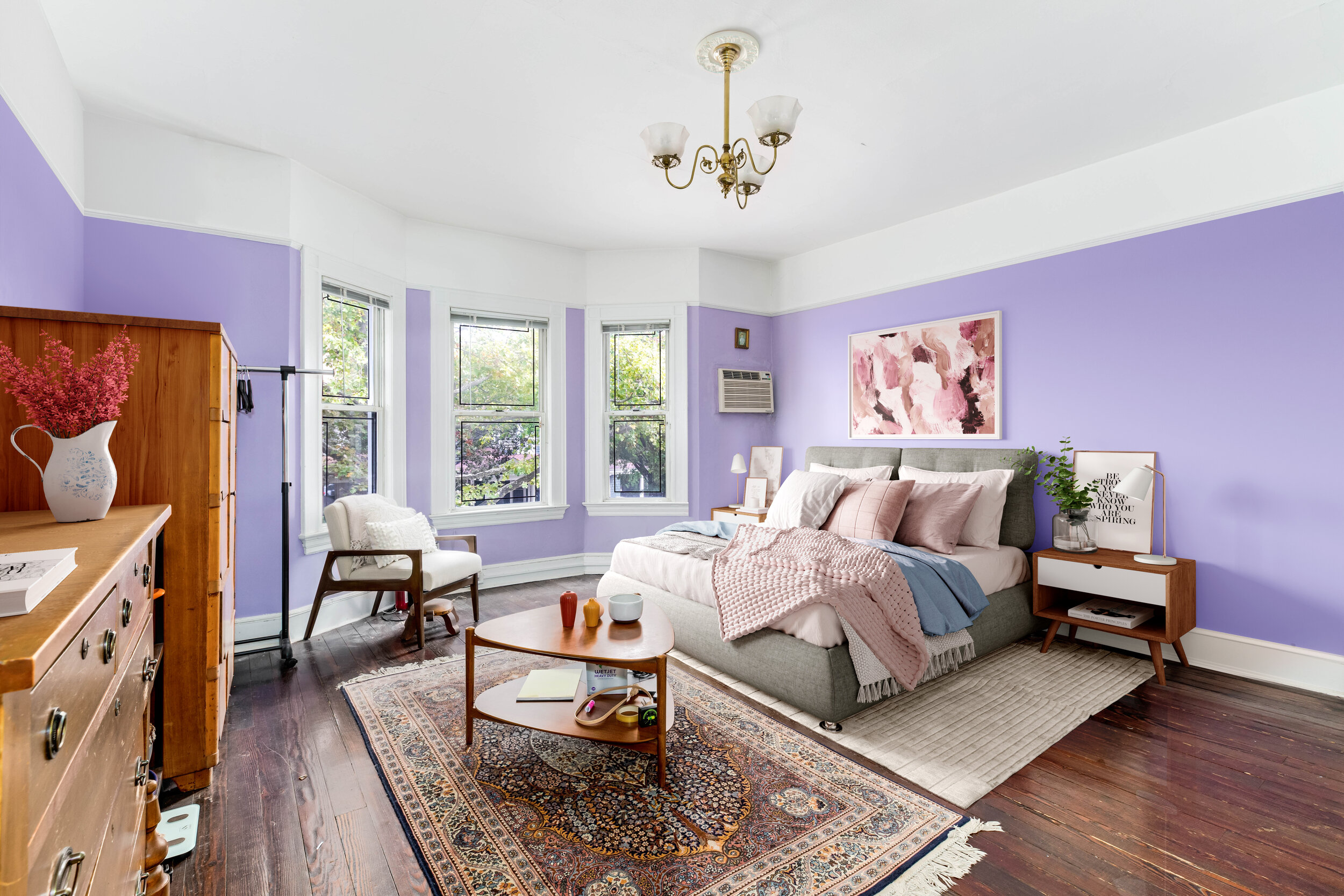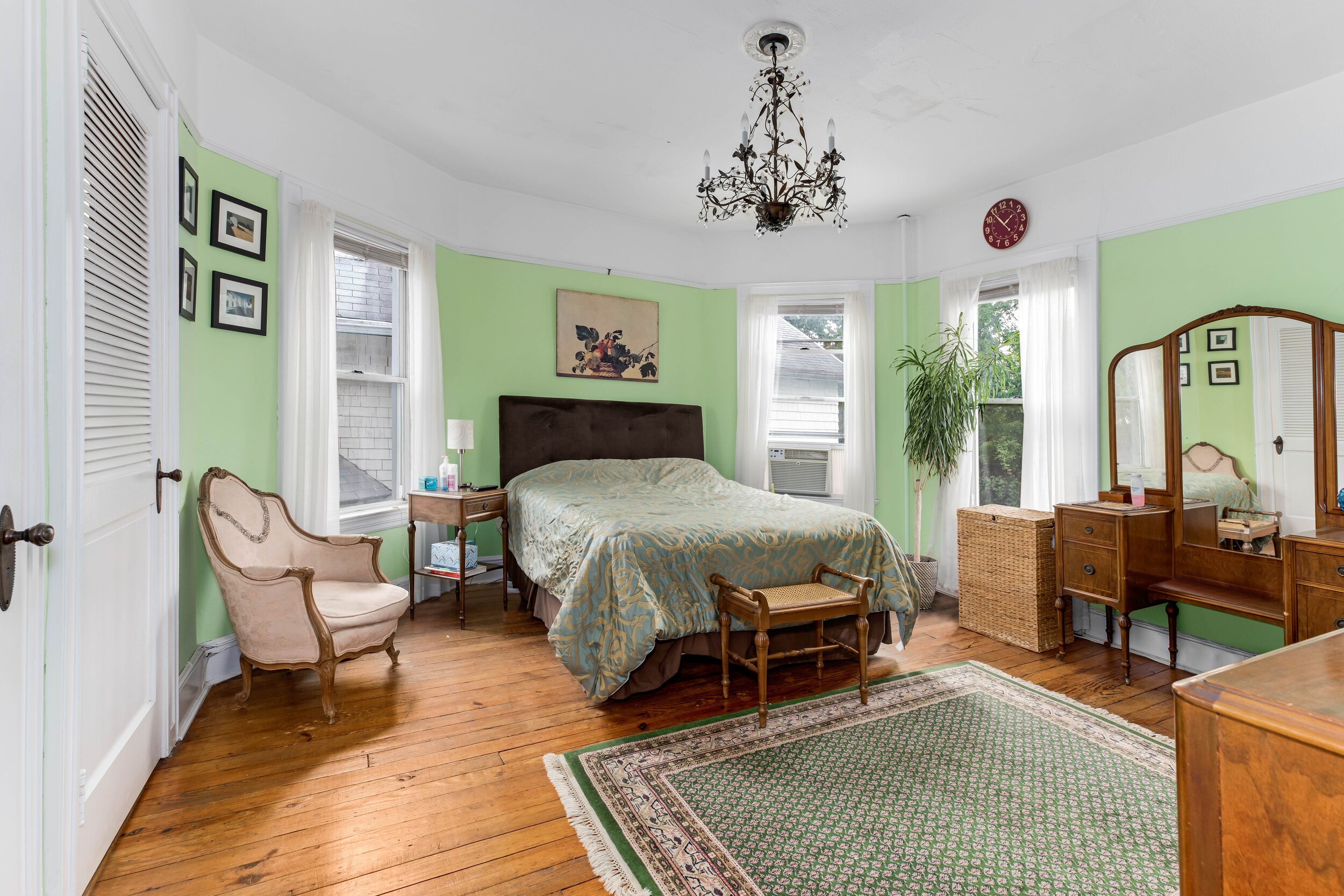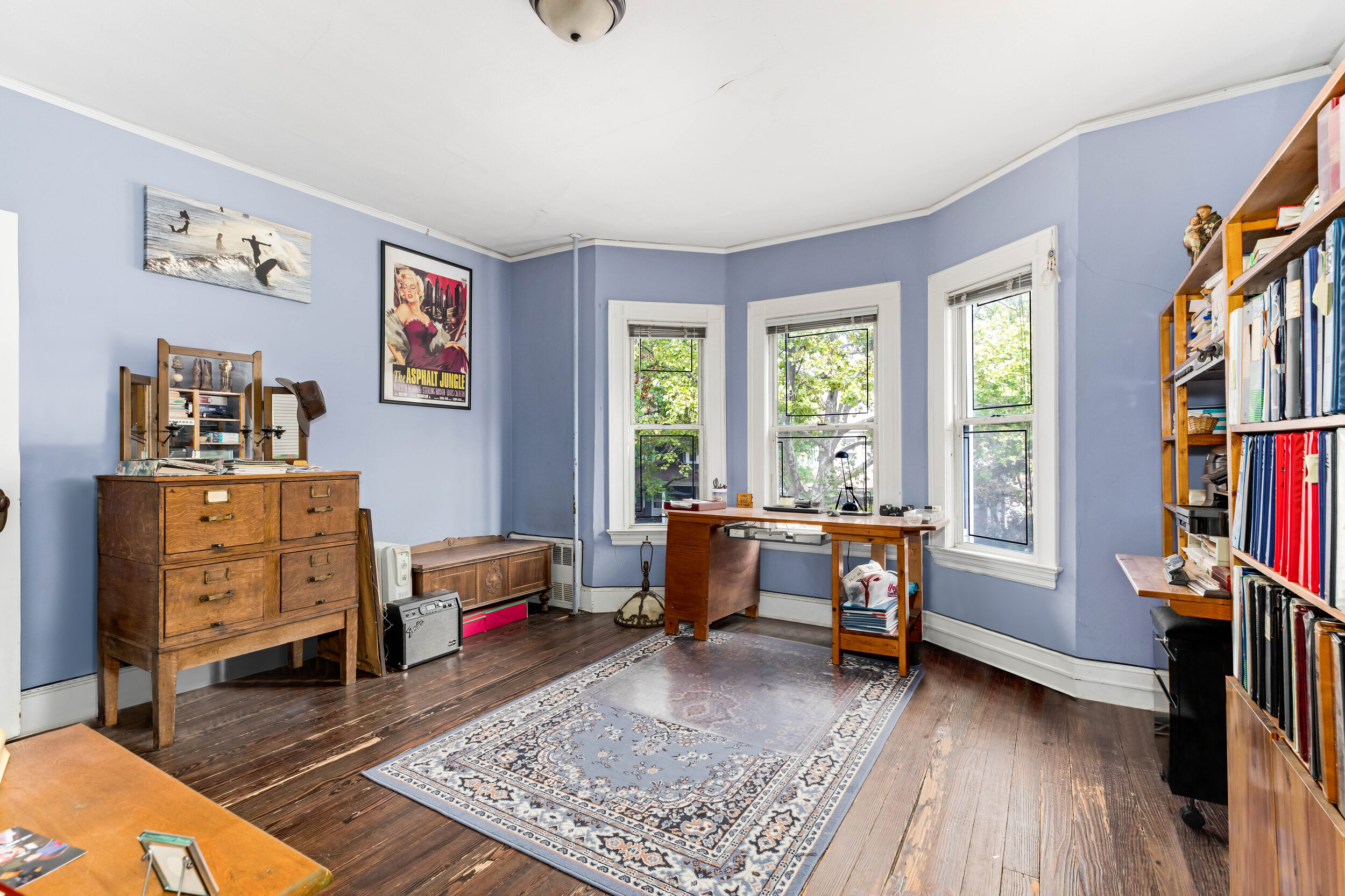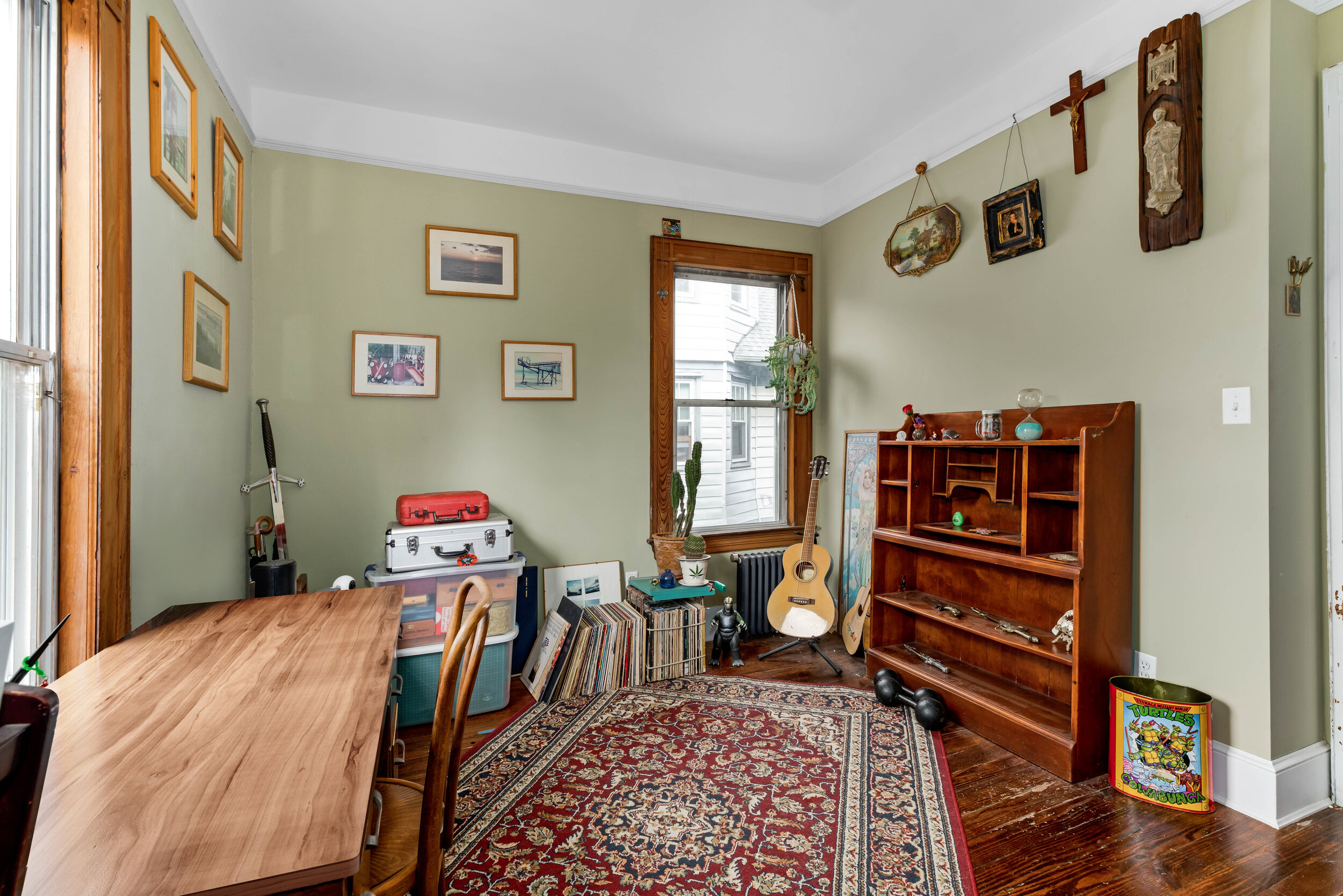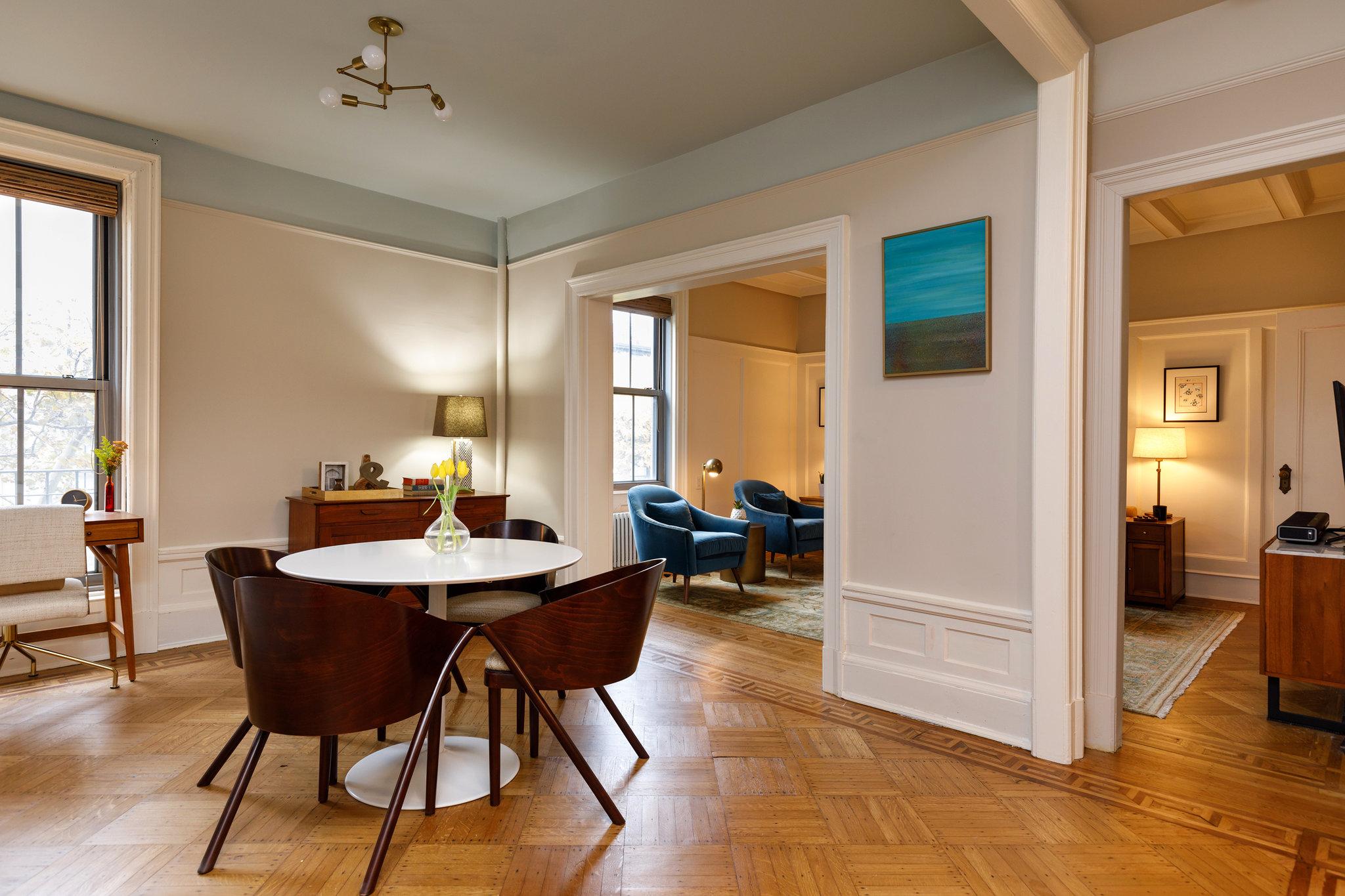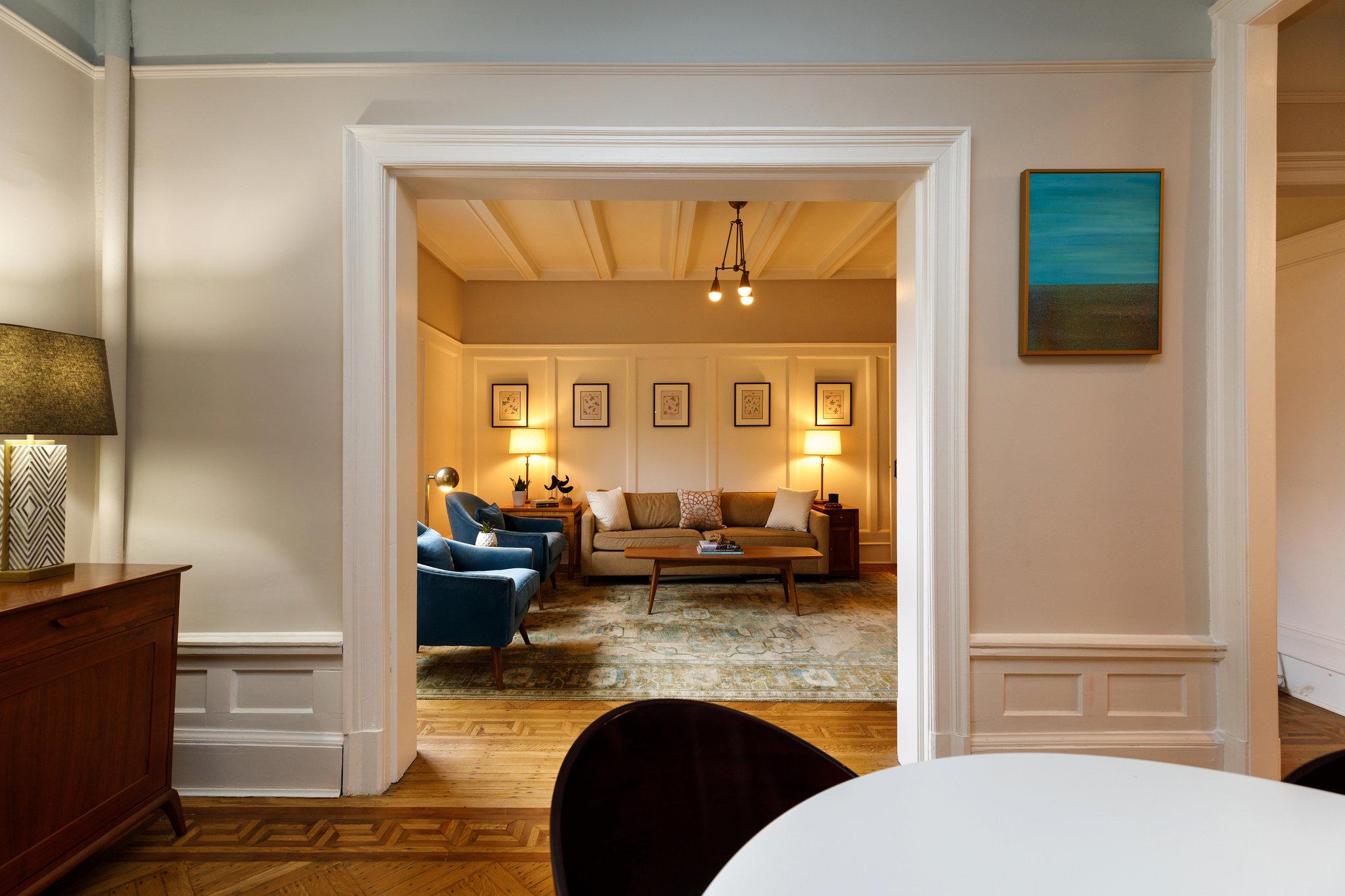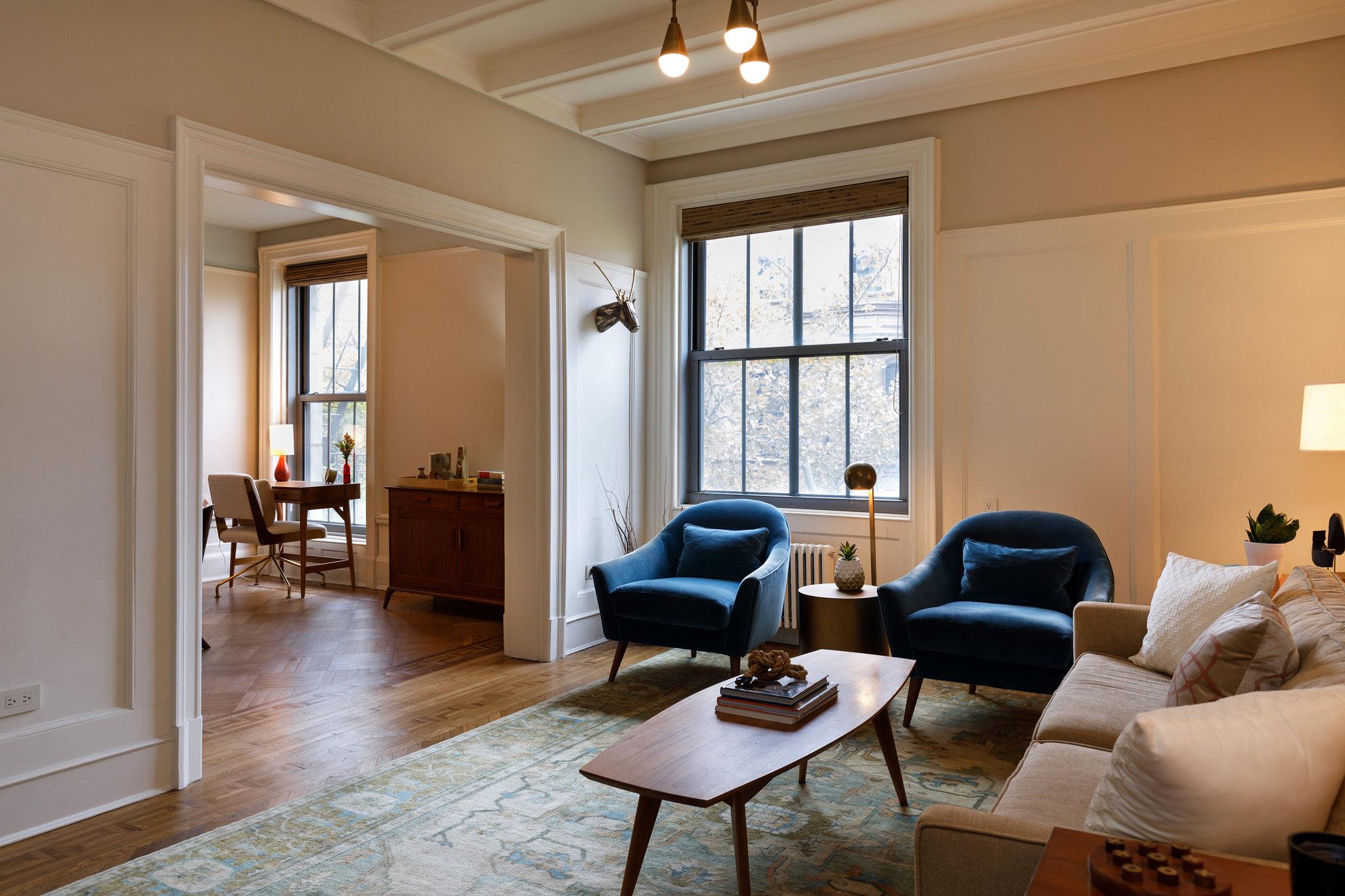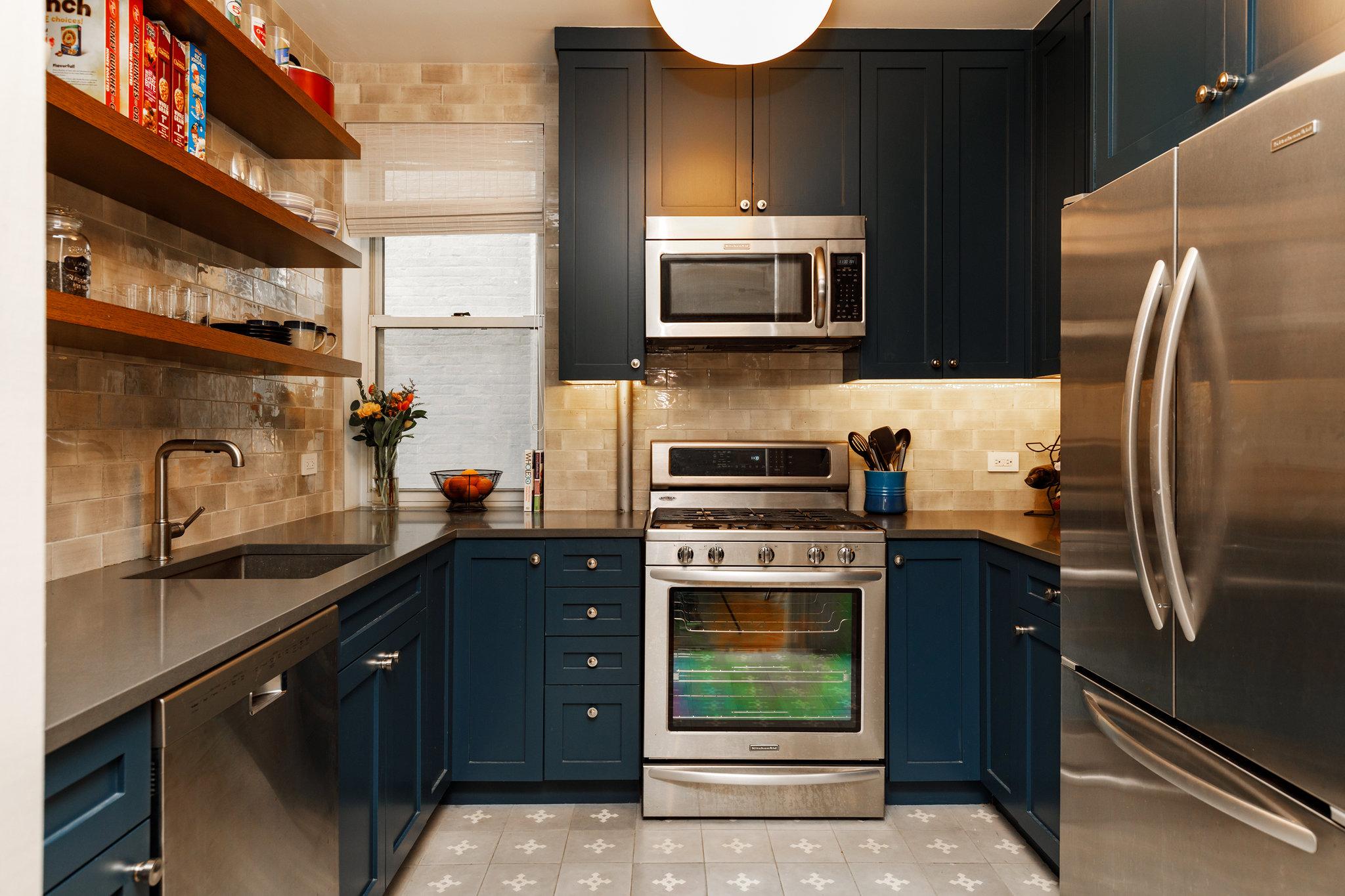Keep in mind that co-ops, which are housing cooperatives collectively owned by the residents, make up over 70% of the marketplace in 2021, while the rest of the housing stock is typically condos and townhouses.
“Condos cost 30% more on average than co-ops,” says Dylan Hoffman, a local agent with over 19 years of experience, who’s sold 37% more properties than the average New York agent. Hoffman notes that small studios in co-ops can start at $265,000 compared to $500,000 in condos. Studio apartments with an alcove for more space start at $650,000 in co-ops compared to $860,000 in condos. One-bedroom apartments in co-ops can start at $700,000 in co-ops compared to $1.2 million in condos.
Closing costs can range from 2.5% to as high as 6% of the sale price, so be sure to leave room in your budget for your attorney and real estate agent, as well as for filing fees and other required deposits.
Prioritize your metropolitan must-haves
Though cosmetic upgrades like fresh paint and new furnishings can be appealing, don’t forget to prioritize your requirements.
“I always tell buyers to look at what you can’t change,” says Hoffman.
“Are you facing an avenue or a street? Do you have a view of a beautifully manicured garden of the townhouse behind or of a brick wall? Are you across the street from a bus station or from a park?”
If you plan to use the subway to get around, make sure you also assess the distance of any homes you’re considering from your most frequently used subway lines.
Painting and refacing cabinets in your new home are doable, but if you’re eager to make bigger home improvements after your purchase, know that many buildings only allow a few units to be renovated at a time. Getting the necessary approvals can take up to four months, so plan for this ahead of time.
Inspections & attorneys
The standard contract for co-ops and condos specifies that the seller must provide a unit in working order, which means that heating and plumbing systems, as well as appliances, must be ready for use as soon as you move in.
Buyers of homes in smaller buildings (with between 5 and 10 units) pay a larger percentage to cover the cost of building upkeep, compared to those who purchase a home in a high-rise. Jean Chou, the principal attorney at JLC & Associates, advises her clients who buy in smaller buildings to schedule their own inspections as part of the homebuying process.
Hiring an attorney, which is a local convention in New York, eases the burden of buyer due diligence on an entire building’s amenities, including elevator updates and hot water service.
Attorneys also help you understand the scope of future upkeep. “Whenever we look at the building’s financials, we get a sense of whether or not the building has those extra reserves and if there is a significant capital improvement that will be needed,” says Chou.












